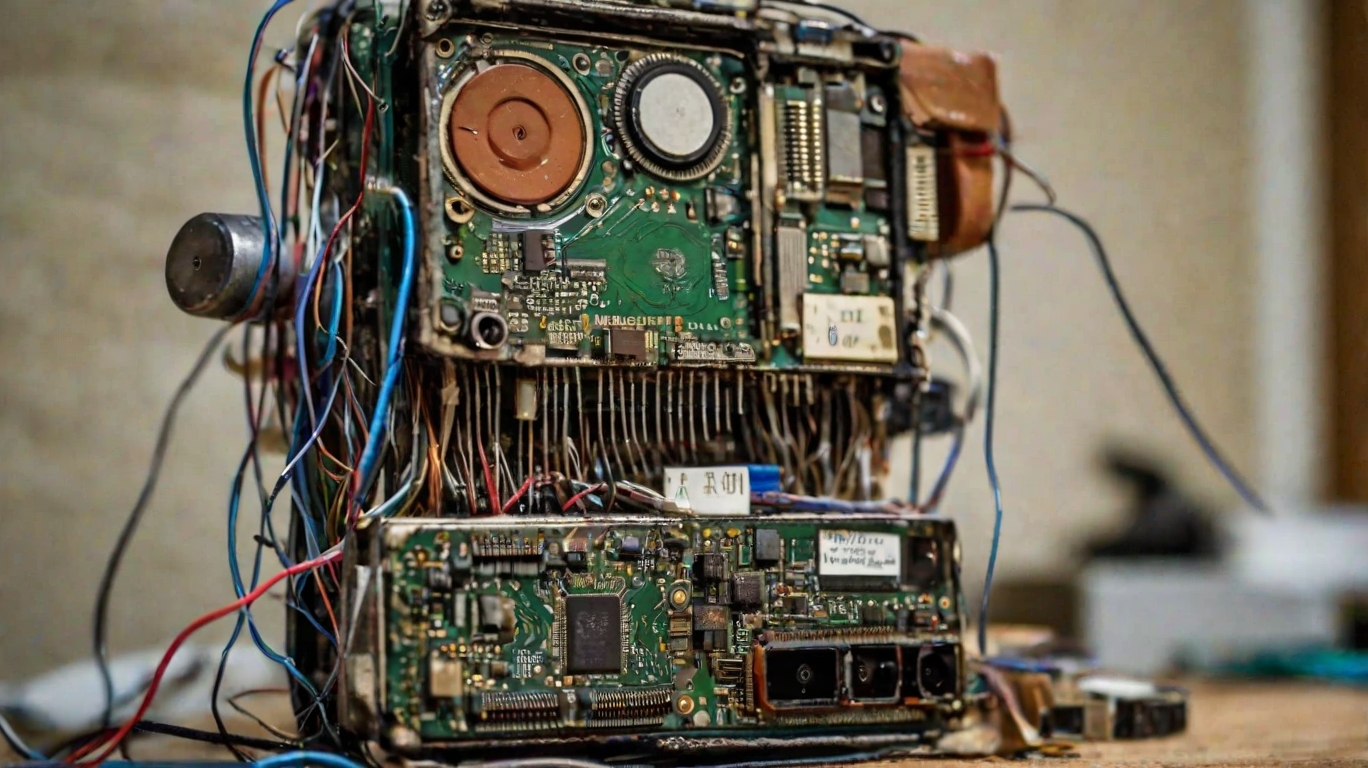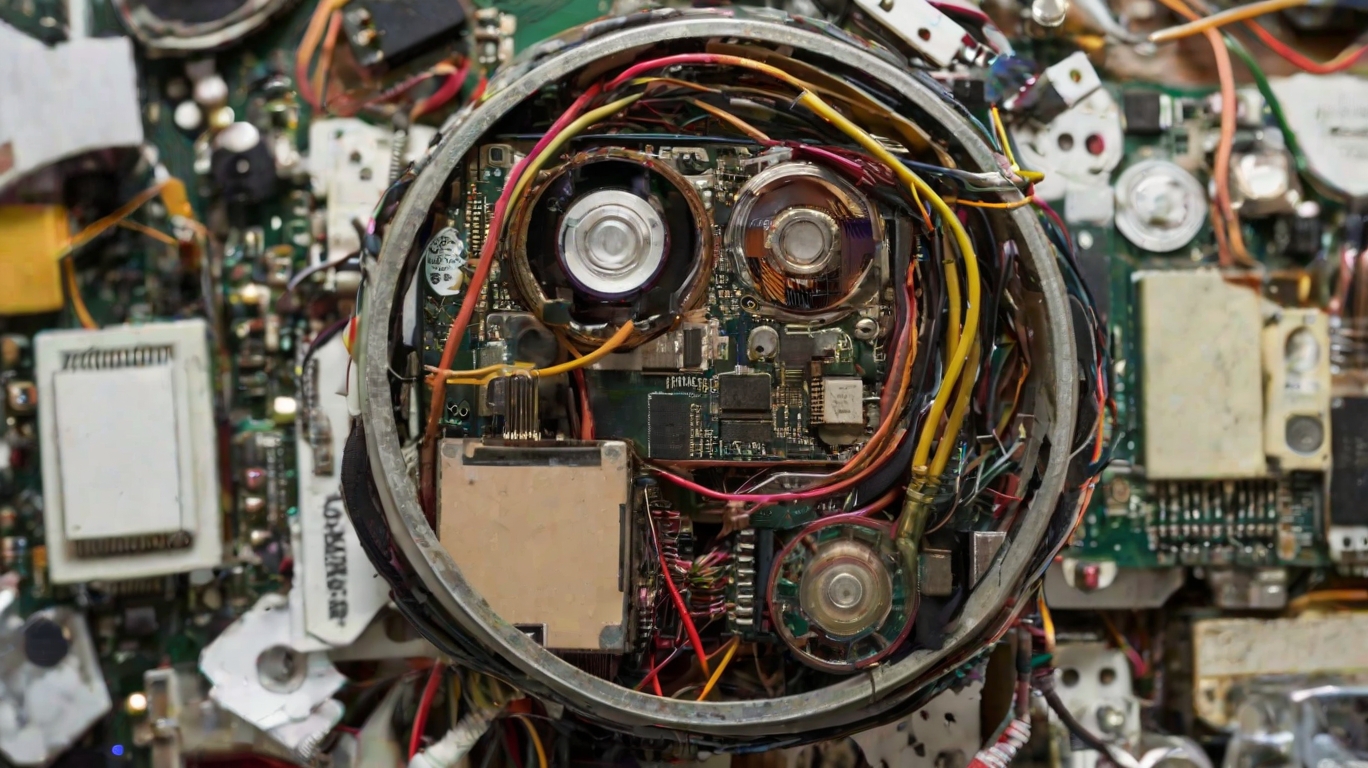Innovators in 2024 Astonished to Discover They’re Already Outdated by 2025
In a truly groundbreaking development, the celebrated trailblazers of 2024 are coming to grips with the harsh reality that their cutting-edge innovations are, in fact, about as fresh as month-old bread by 2025. Like clockwork, the eternal treadmill of progress has once again transformed today’s shiny new gadgets into tomorrow’s well-intentioned paperweights.
“When I built my quantum-reality cross-stitching app, I genuinely thought I had revolutionized everything,” lamented Ted McWidget, a self-proclaimed visionary and dedicated caffeine enthusiast. “But now it’s being used as a placeholder for cat videos. Couldn’t even snag a trending hashtag.”
Similarly, Janice Byte, who pioneered a contactless eyebrow-threading robot named Threadi-Bot, has seen her creation swiftly rendered obsolete by a newer model that not only threads eyebrows but also doubles as a psychic salsa instructor. “No one wants the old model anymore,” said Byte, with a hint of bewilderment. “Apparently, communicating with your eyebrows while doing the cha-cha is the new must-have feature.”
Industry analysts are not surprised, however. “Honestly, the only thing more reliable than change in the tech world is the lack of interest in last year’s big thing,” said Dr. Lynn Obsolete, a leading expert in technology lifecycle humor. “If you think you’re innovative today, just wait five minutes.”
Even the AI sector isn’t immune to this relentless march of obsolescence. Byte-enhanced AI darling, ChatButler 3000, designed to write the next Pulitzer-worthy novel, has been surpassed by a frying pan with integrated natural language processing that spits out culinary haikus. “Turns out people are more interested in their dinner narrating a poem than reading some high-minded literature,” speculated ChatButler’s creator, who preferred to remain anonymous amidst a chorus of “told-you-so” from colleagues.
For now, these pioneers are left to ponder the cruel, futile nature of progress while nursing bruised egos and trying to find a market for their tepid innovations. Meanwhile, innovation continues its breakneck pace, leaving today’s geniuses grappling with the reality that the only true certainty lies in the rapid transition from revolutionary to relic.
F#&%@&, who knew the future moved so fast?




